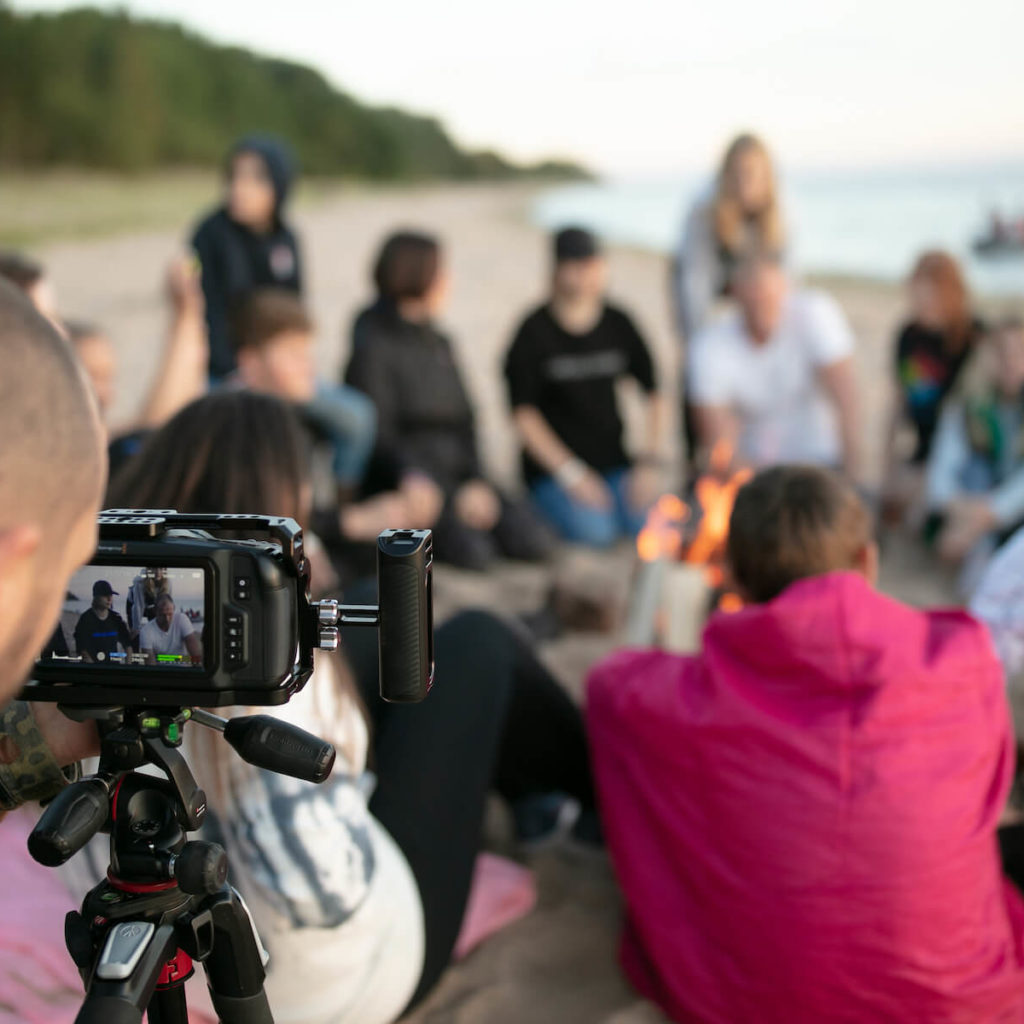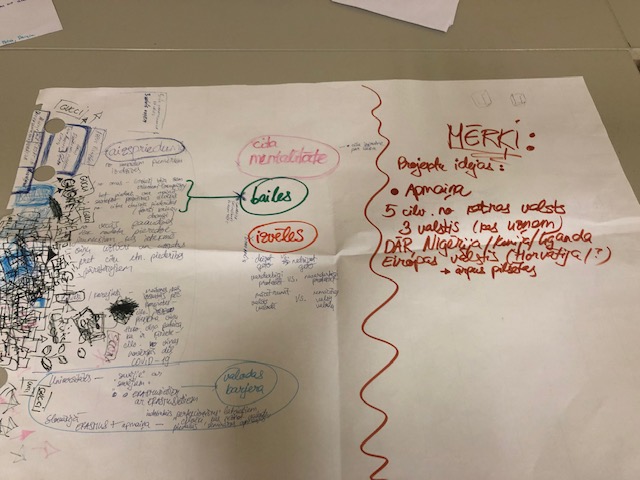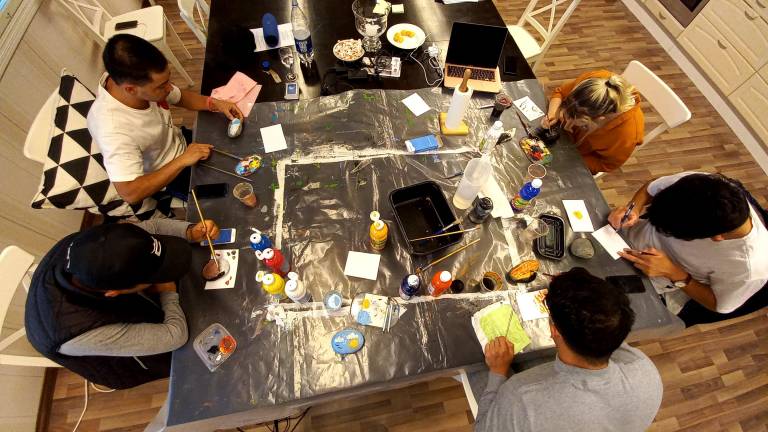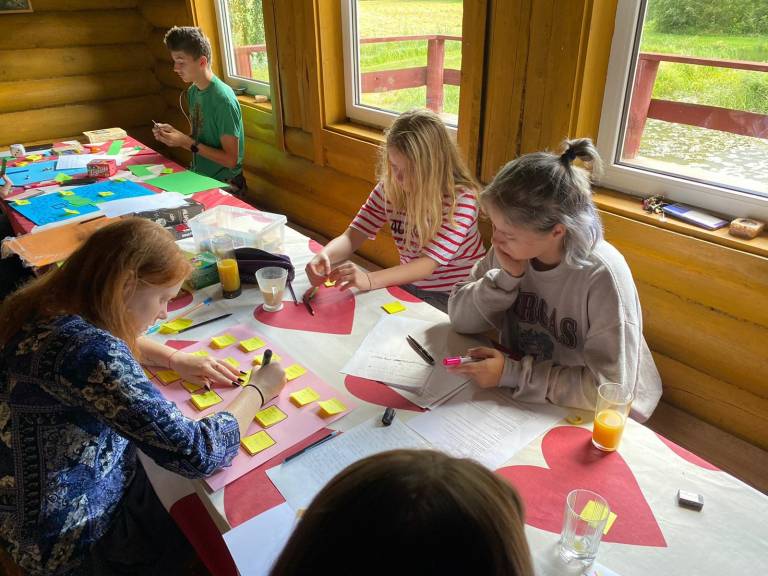Currently, the young people of the Resilience Center are also actively involved in several projects, such as “Making my future – Enhancing lives of young people”, “Empowering child’s strengths for violence prevention”, “Tolerance experience for young people at social risk in Riga”; “A resilience approach to youth participation”.
“I got involved because I wanted to implement my ideas and learn something new, meet new people and go on adventures. Try, understand, learn, get, give something away from yourself and just enjoy, ”says Zita Rubene, an activist and participant in several projects.
At the same time we have to acknowledge still existing problems:
1) lack of opinion representation of the target group (voiceless youth). Participation in decision-making process is low because youth at risks is difficult to reach and decision-makers still have difficulty to accept youth at risks as potentially equal partners in the decision-making process. Practice shows that equal rights are formally guaranteed, because young people at risk of social exclusion are not able to actually use these opportunities without additional support;
2) public attitude. A large proportion of youth at risks are often classified as a group of population that does not “deserve” supportive and social justice.
3) fragmentation of the support system. Weak co-operation between education and welfare results in a tendency for the young person to come to the support system late when the problem has worsened and the young person is no longer ready to co-operate with professionals;
4) lack of professionals in welfare system;
5) strengthening negative identity (intolerance and discrimination as the norm, internalization of derogatory stereotypes, disbelief in positive change). Youth at risk are not actually able to take their initiatives in a socially acceptable way, because they feel excluded and out of place in youth centers, interest education classes and youth organizations. As a result, membership is found in groups that express their initiatives in a socially unacceptable way;
6) low level of awareness of human rights (difficulties in identifying human rights violations and discrimination, as well as lack of information about possibilities to receive support in such situations).
Even if it cannot solve all mentioned problems, participation is a way how to give a power to improve the quality of life.
Aiga Romāne-Meiere, project manager in Recilience Center





